Amazon (© Rosina Kaiser, pixabay.com); thorn savannah (© Ruth Badeberg); school of fish (© Matthew T. Rader, pexels.com); empty sea (© Jeremy Bishop, pexels.com)
Welcome to the cooperation platform for the BMBF (German Federal Ministry of Education and Research) research programme Tipping Points, Dynamics and Interdependencies of Social-ecological Systems – BioTip, which started with a preparation phase in 2017-2018, followed by a main phase 2019-2023. In 2023 the second phase “GlobalTip” started for another two years until 2025. Some extensions are continuing into 2026.
Why have/fund a research programme on tipping points?
Tipping points, caused by human action, are a major concern for decision-makers, because of their potentially large impacts on nature, ecosystem services and human well-being. A well-known example of an ecosystem tipping point is the sudden shift of ponds or shallow lakes from a clear to a turbid, algal bloom, state. “Tipping points – where a small perturbation triggers a large response – produce abrupt system-wide and sometimes irreversible change” (Lenton 2013).
“Politicians, economists and even some natural scientists have tended to assume that tipping points in the Earth system — such as the loss of the Amazon rainforest or of the West Antarctic ice sheet — are of low probability and little understood. Yet evidence is mounting that these events could be more likely than was thought, have high impacts and are interconnected across different biophysical systems, potentially committing the world to long-term irreversible changes” (Lenton et al. 2019, citations under ‘Links’). The international research programme BioTip aims at a better understanding of such tipping point phenomena in social-ecological systems. It is also dedicated to the development of a course of action to support ecosystem stability and thus secure biodiversity and ecosystem services.
PROJECTS
PRODIGY
Developing science-based management options to tackle challenges of global change and avoid the crossing of tipping points in the Amazon (Peru, Bolivia, Brazil).
PROJECT FINALIZED Dec 2025
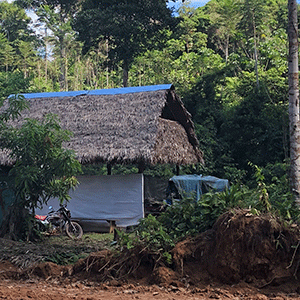
NamTip
Understand social-ecological dimensions of successive tipping point dynamics of desertification and bush encroachment in Namibian drylands
PROJECT finalizes May 2026
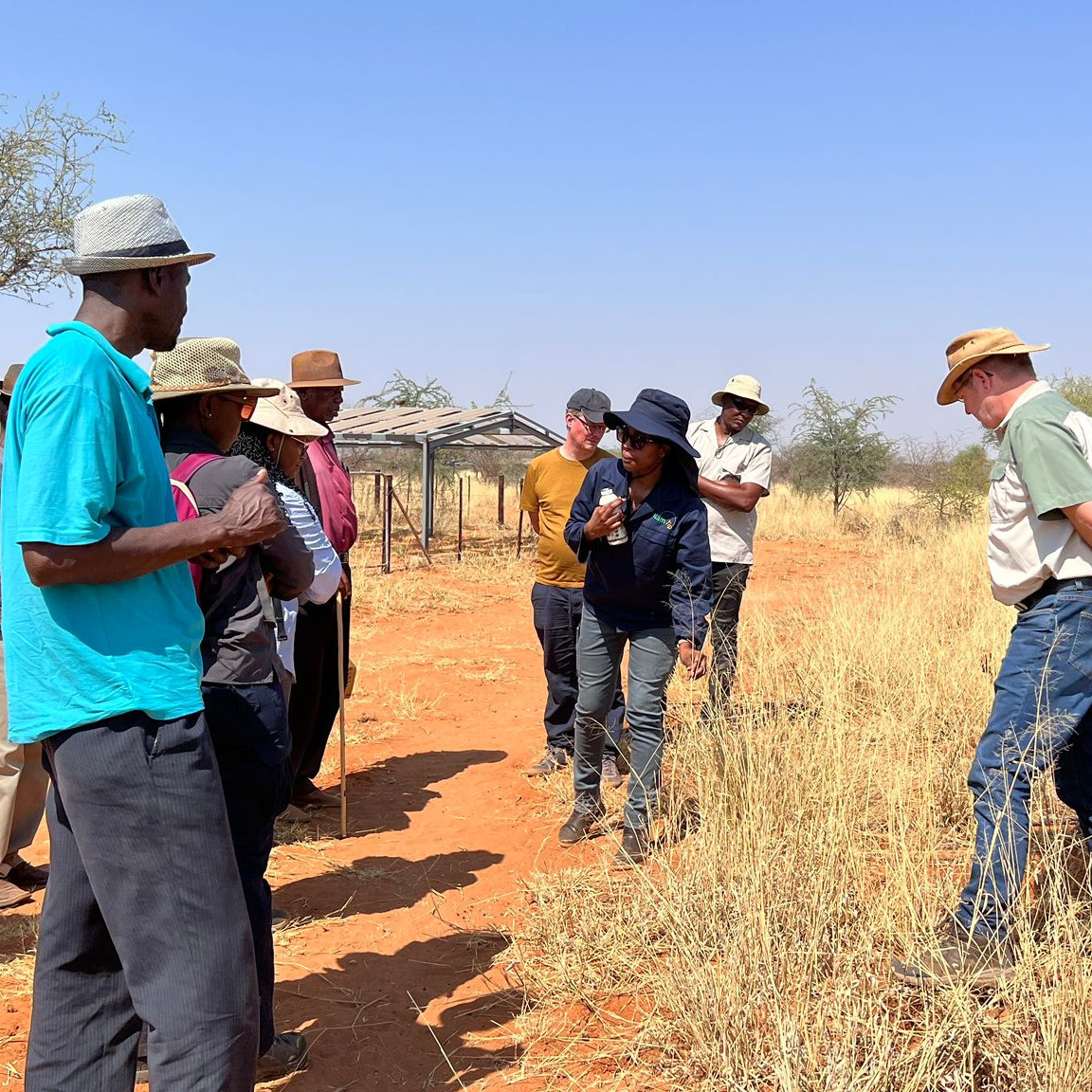
MoreStep
Identifying the role of current societal transformation processes together with climate change for the Mongolian Steppe Ecosystem.
PROJECT finalizes May 2026
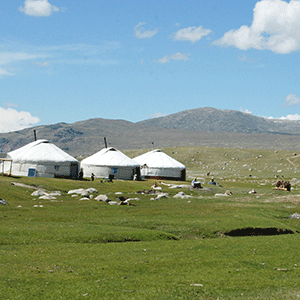
Humboldt-Tipping
Understanding the global change risks in the Humboldt Upwelling System off the coast of Peru and exploring adaptation options.
PROJECT finalizes Feb 2025
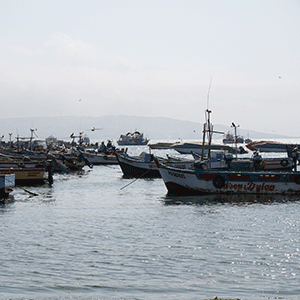
marEE-change
In anticipation of drastic climatic changes, causal reponsabilities of actors for a sustainable future will be adressed for the Western Baltic Sea fisheries.
PROJECT finalizes Oct 2026
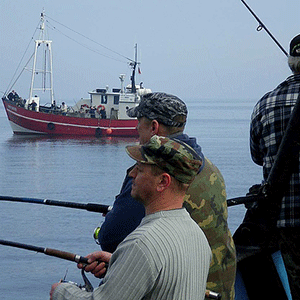
MultiTip
Multiple Tipping Points at Lake Victoria: Enhancing Resilience in a Globally Connected Resource System.
PROJECT FINALIZED Sep 2025

Finalized BioTip Projects
(2019-2023)
Finalized BioTip Pilot Studies
(2017-2018)














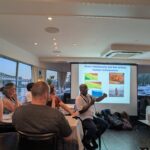






You must be logged in to post a comment.